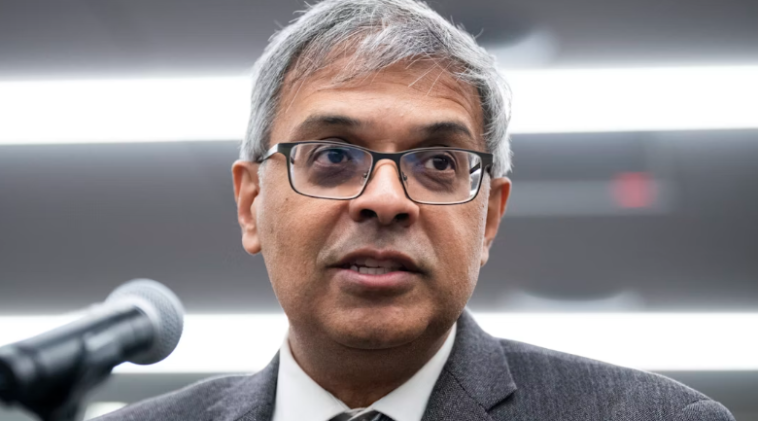President-elect Donald Trump has announced the nomination of Dr. Jay Bhattacharya, a Stanford University professor and a vocal critic of COVID-19 lockdowns, to serve as the next director of the National Institutes of Health (NIH). Bhattacharya’s appointment marks a significant departure from the agency’s recent leadership and reflects Trump’s commitment to reorienting public health policy.
A Prominent Voice in Pandemic Debate
Dr. Bhattacharya gained national attention during the COVID-19 pandemic for co-authoring the Great Barrington Declaration, which advocated for “focused protection” of vulnerable populations rather than broad societal lockdowns. The declaration sparked intense debate within the public health community, with supporters praising its emphasis on personal freedoms and critics warning of its potential risks to public health.
Trump highlighted Bhattacharya’s extensive experience in medicine and public health policy as key qualifications for the role. “Dr. Bhattacharya has shown unwavering dedication to science and the well-being of the American people,” Trump stated. “His leadership will help restore trust in our public health institutions.”
Partnership with RFK Jr.
The nomination comes alongside Trump’s selection of Robert F. Kennedy Jr. as Secretary of Health and Human Services. The two figures are expected to work closely to implement sweeping reforms aimed at increasing transparency and addressing public skepticism toward federal health agencies.
Bhattacharya has expressed gratitude for the nomination, pledging to prioritize evidence-based approaches while fostering open scientific debate. “I am honored by this opportunity to serve and look forward to working with my colleagues to ensure that the NIH remains a beacon of innovation and public trust,” he said.
A New Direction for the NIH
If confirmed, Bhattacharya would succeed Dr. Francis Collins and Dr. Lawrence Tabak, whose leadership during the pandemic often aligned with federal lockdown and vaccination policies. Bhattacharya’s leadership is expected to usher in a more decentralized approach to public health, emphasizing individual autonomy and state-level decision-making.
Senate Confirmation Ahead
The nomination will require Senate confirmation, and Bhattacharya’s outspoken views on pandemic policies are likely to draw scrutiny during the process. Critics have already begun voicing concerns, while supporters argue that his leadership represents a much-needed shift toward accountability and reform in federal health agencies.
Broader Implications
Dr. Bhattacharya’s nomination signals a broader reexamination of public health priorities under the Trump administration. With a focus on balancing individual rights and public safety, his leadership at the NIH could have a lasting impact on the nation’s approach to future health crises.
As Trump assembles his administration, Bhattacharya’s role at the NIH underscores the incoming president’s commitment to challenging the status quo and redefining the landscape of American healthcare policy.


